Purgatorio, Canto 6
OVERVIEW
Tony Osborne is a professor of communication studies at Gonzaga University. He is a member of Humanities Washington’s Speaker’s Bureau, and he writes and speaks about leadership and motivation, art, pop culture and film.
Questions for Reflection
- Why do the souls in Purgatory want Dante’s prayers? Aren’t they beyond the need and possibility of prayer at this point?
- Dante and Virgil have a consequential back-and-forth about Christian and pagan prayer. What do we learn about how Dante thinks about prayer from this discussion? Can prayer bend the decrees of God? What is the difference between Christian and pagan prayer, according to Virgil? What might this mean for Virgil’s salvation?
- In each canto 6, the discussion inevitably turns to the political. In Purgatorio 6, Dante the Poet offers an extended comment on the politics of the Italian peninsula (6.76-151). What do we learn about Dante’s accounting of the purpose of politics, the corruption of a Church mixed up with political haggling, and the need for divine intervention?
- Is Dante’s critique of Florence’s mutability and inconsistency purely negative or does the fact that Florence changes so much offer the hope for its redemption and salvation (6.145-147)?
DETAILS
- Dr. Tony Osborne
- Gonzaga University
- Run Time 8:34








